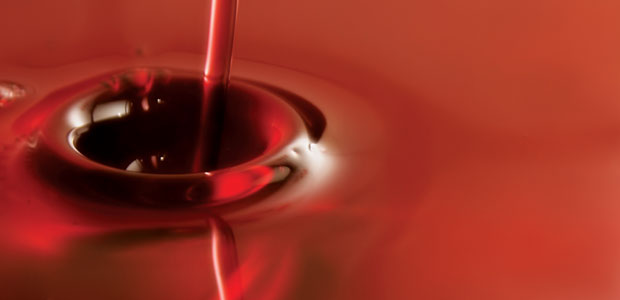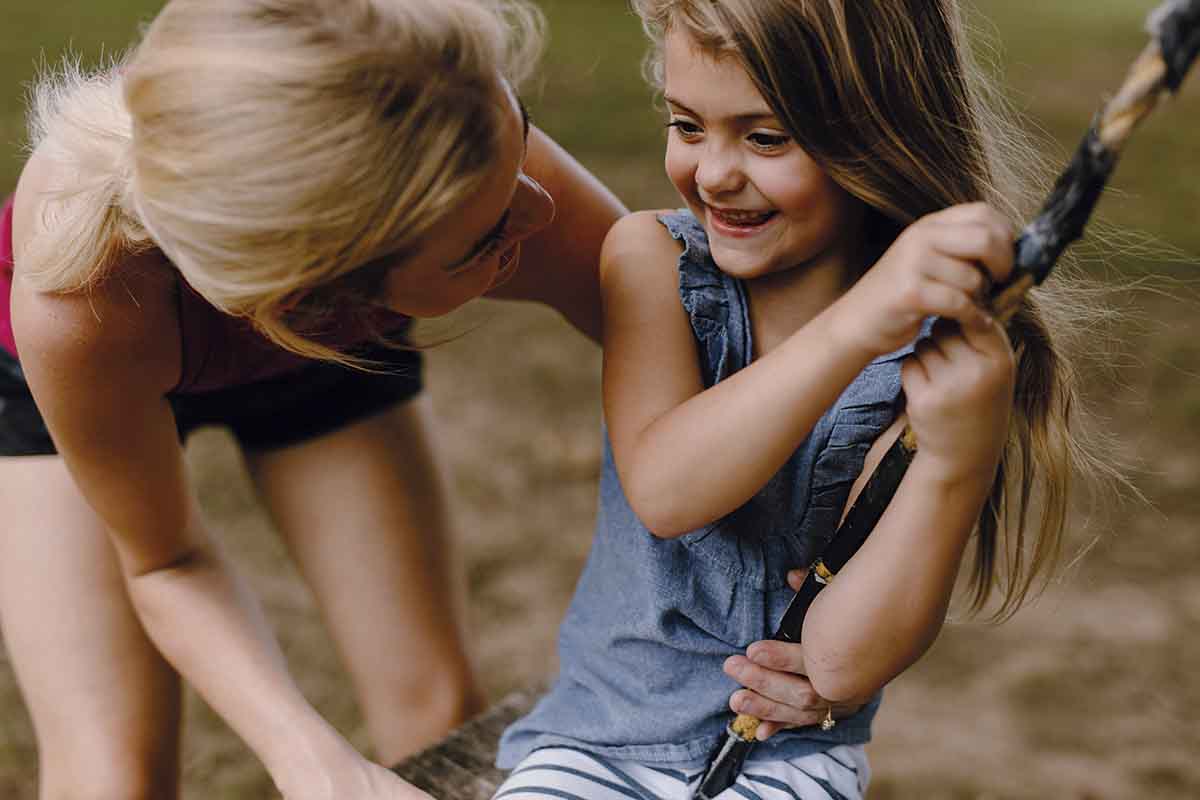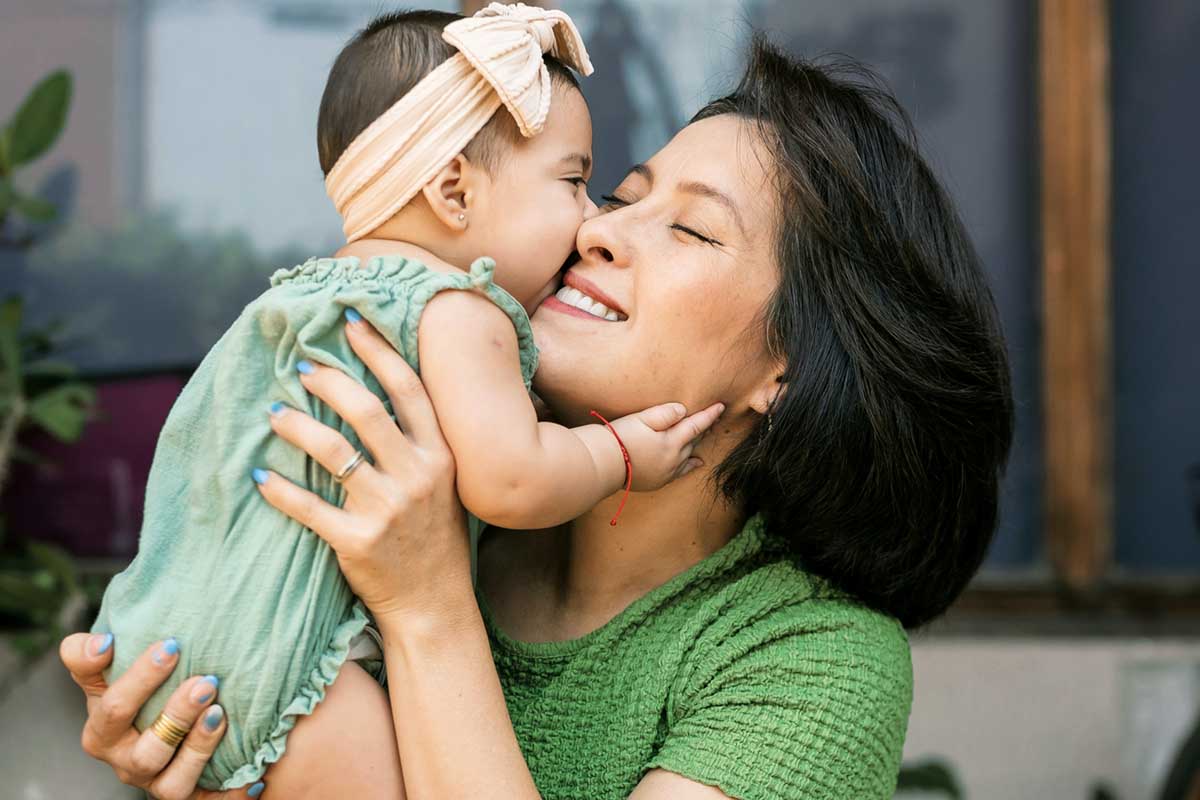Advertisement
Coughing Kids
What's a parent (not) to do?

In October 2007 Health Canada posted a press release on its website warning parents and caregivers about the dangers of giving children cough and cold medicines. Health Canada had received reports about serious life-threatening events, including unintentional overdose, associated with over-the-counter (OTC) cough and cold products. Consider, instead, a safer alternative: natural cough remedies for children.
This news–released on the same day that some drug companies voluntarily withdrew cough and cold medicines from store shelves–warned parents against giving children under 14 years old cough and cold products unless instructed to do so by a health care practitioner, even if the product label indicated that the product was safe for children. A similar warning was also issued by the American College of Chest Physicians in 2006.
The concern behind the recall and warning was that parents were not being as careful as they should be when administering cough and cold medicines to their children, especially those kids under two years of age. Health Canada and the Consumer Healthcare Products Association advised that parents should read labels carefully and follow instructions diligently. Health Canada also recommended that parents should read the medicinal ingredients of any and all medicines they give their children as the same ingredient could appear in more than one medicine, putting the child at risk of an accidental overdose.
Causes of a Cough
Some experts have questioned the effectiveness of cough medicines. According to the American College of Chest Physicians (plus the American and Canadian Thoracic Societies), cough medicines don’t work simply because they do not address the root cause of the cough. So, what causes us to cough?
There are several possibilities, including environmental factors or chronic conditions (such as upper airway cough syndrome, asthma, and gastroesophageal reflux disease). However, a cough, most often caused by the common cold, is the natural way for the body to clear its airway and expel phlegm.
Many parents and even some health practitioners fall into the overprotective trap of rescuing children from their coughs. They administer medicines that don’t treat the cold virus, which is usually the underlying cause of the cough. Instead, these medicines suppress the cough reflex (antitussives), reduce the sensation of nerves in the throat (ingestible local anaesthetics), or coat the esophagus (demulcents).
What can Parents Do?
Instead of giving cough medicine to your kids, try these more natural methods:
- Make sure they drink plenty of liquids such as water, juice, clear broth, or warm lemon water with honey to help loosen congestion and prevent dehydration.
- Get them to gargle with salt water to relieve a sore throat.
- Use a saline spray to loosen nasal congestion instead of using decongestant sprays, which can inflame mucous membranes.
- Give them chicken soup, which can relieve congestion and reduce inflammation.
- Create a moist atmosphere with a humidifier–cold viruses thrive in dry conditions.
- Try a little vitamin C (reduces symptoms and duration), echinacea, and zinc (antiviral).
Naturopathic physician and alive editorial board member Dr. Nigma Sciortino suggested that in addition to the above recommendations, vitamin A (an antiviral), a combination of echinacea and goldenseal or Oregon grape (to relieve sore throat), and acidophilus (to promote immunity) should be given to relieve the underlying causes of a cough. Most importantly, she advised, the child’s diet should be changed to avoid ingestion of mucus-producing foods, such as dairy products.
Preventive Medicine
If you’re going to let your children cough their way to health, teach them to contain their germs. According to Dr. Barbara Yaffe, director of communicable disease control at Toronto Public Health, there are two easy things that children can do:
- Wash their hands frequently (for about 20 germ-ridding seconds or while singing the “Happy Birthday” song).
- Cover their coughs, either with a disposable or washable tissue or by coughing into their sleeve.
The strongest defence is a good offence: teach your kids to be clean, cover their coughs, and avoid sharing cups, food, or drinks.
Danger in the Mix
Cough medicine ingredients that should be avoided include:
- Dextromethorphan–can cause psychosis, hallucinations, and even death, and is becoming a recreational drug of choice for some teens.
- Hydrocodone–a narcotic widely used to treat pain and suppress coughs; it has not been approved by the FDA as safe and effective for children younger than six years of age.
- Pseudoephedrine–a nasal decongestant that can cause restlessness, dizziness, and anxiety.




